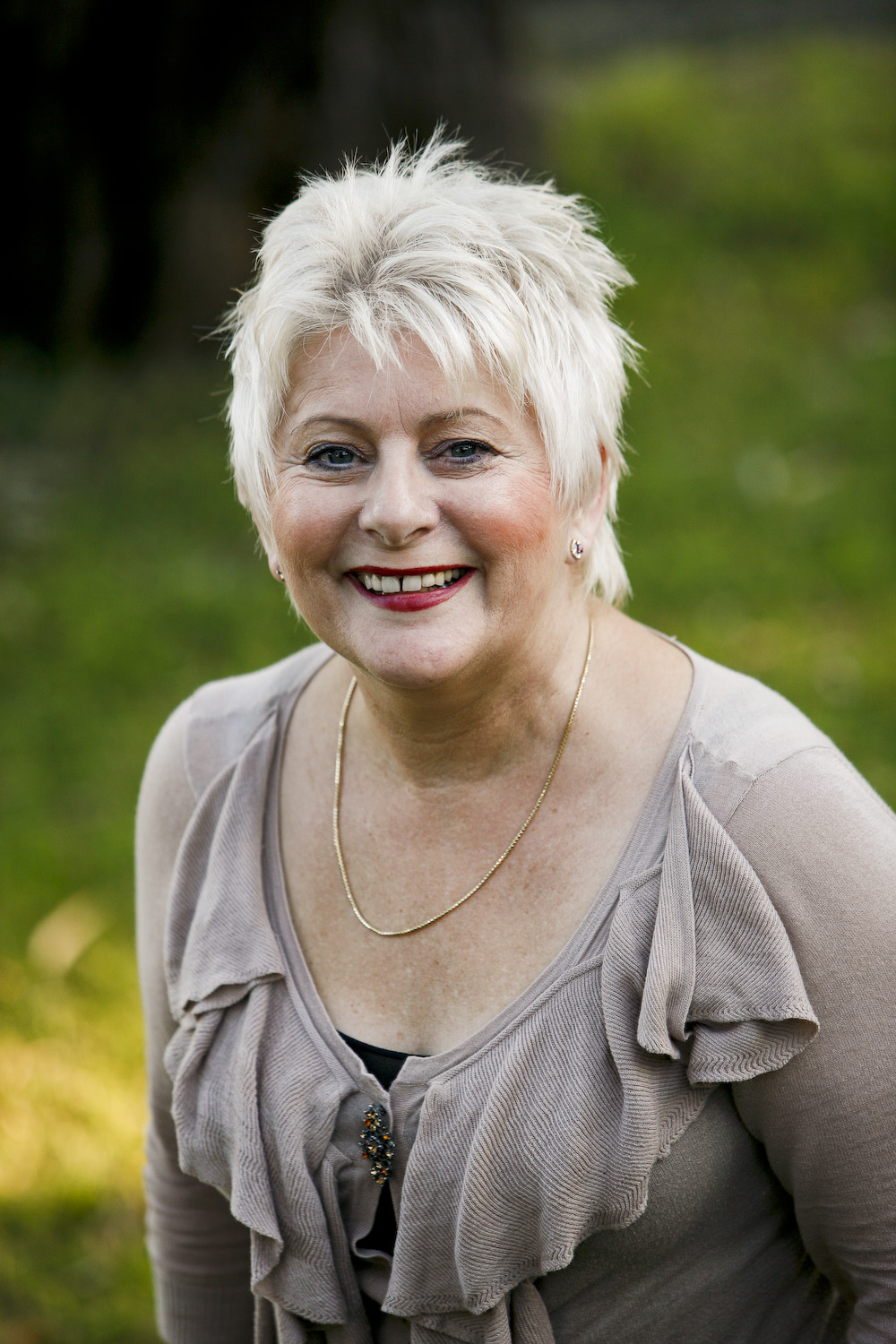Mind Evolution
Many concepts in human states are difficult to define, some of these such as emotions, motivation and personality. Defining these is like defining fire or water; everyone knows it when they see it but they have trouble attempting to describe it in words.
Theorists have proposed a variety of notions that might be of interest. One such notion is that our species achieved consciousness only about 3000 years ago (Julian Jaynes1976). Like all animals,humans once lacked consciousness altogether, but during evolution we gradually developed what Jaynes calls the bicameral mind, a mind that served as an intermediate evolutionary step to our current consciousness. Jaynes points out however that over the last 300 years humans have become increasingly aware of the influence of the unconscious mind and its effects on behaviours.
Sleep and Dream
Circadian Rhythm impact on people differently. Some people are best in the morning others in the evening. When we sleep, the body is able to recover from the exertions of the day. According to the Theory of Energy Conservation, evolution equipped all of us with a regular pattern of sleeping and waking to conserve fuel and avoid walking into danger.(Stressors). Studies have shown that one function of REM sleep (dreaming) seems to be memory storage after new experiences, particularly memory for motor skills.









